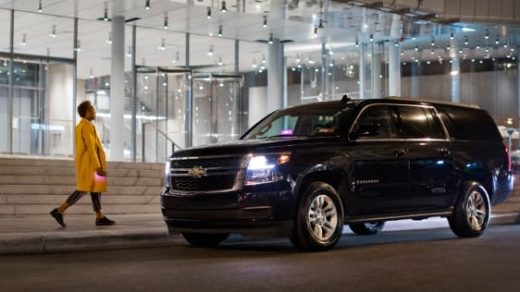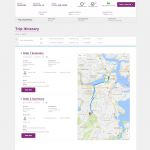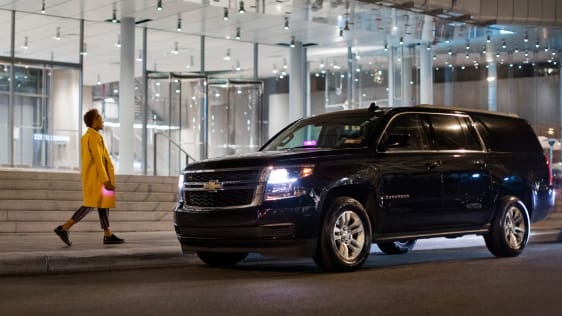Lyft partners with auto-supplier Magna to scale self-driving car business
On Wednesday, Lyft announced a partnership with auto-parts supplier Magna to develop a self-driving car system. As part of the deal, Magna will invest $200 million into Lyft, tagging on to the ride-hailing company’s $1.7 billion recent funding round.
Magna is a top North American car parts supplier. The company’s executives say that it sells a variety of car parts including complete exteriors and drivetrains, and has been known to build whole cars for clients on commission. Basically, Magna makes everything but tires, windshields, and engines, according to company execs. Magna also runs a small Advanced Driver Assistance System business.
For Lyft, Magna represents an opportunity to build, test, and scale self-driving technology—and sell that tech to a lot of car manufacturers. Consumers may not be familiar with Magna, but car makers are. Magna’s auto-industry relationships will no doubt help sell Lyft’s self-driving kits to manufacturers. Meanwhile, Lyft already has several partnerships allowing Drive.ai, Aptiv, Waymo, GM, Ford, and Jaguar to test their self-driving technology on Lyft’s ride-hail network.
Lyft first announced its autonomous car ambitions in May 2016 when it took a $500 million investment from GM. Last summer, it unveiled Level 5, an office and garage devoted to self-driving hardware and software development. More recently, the company said it would begin testing its self-driving kits at a 5,000-acre facility in California.
Lyft’s push into self-driving came long after many of its competitors had already laid claim in the space. Uber has been working toward self-driving technology since 2014 and Waymo has already been running entirely driverless pilots in Arizona. Some auto manufacturers, like Ford, have been working on self-driving technology for nearly a decade.
Regardless, time may be on Lyft’s side. Self-driving technology is still in its infancy and its unclear when self-driving cars will be safe enough to launch broadly on our public streets. Lyft, if it moves deftly, has an opportunity to create a system that gets widely adopted.
(10)













